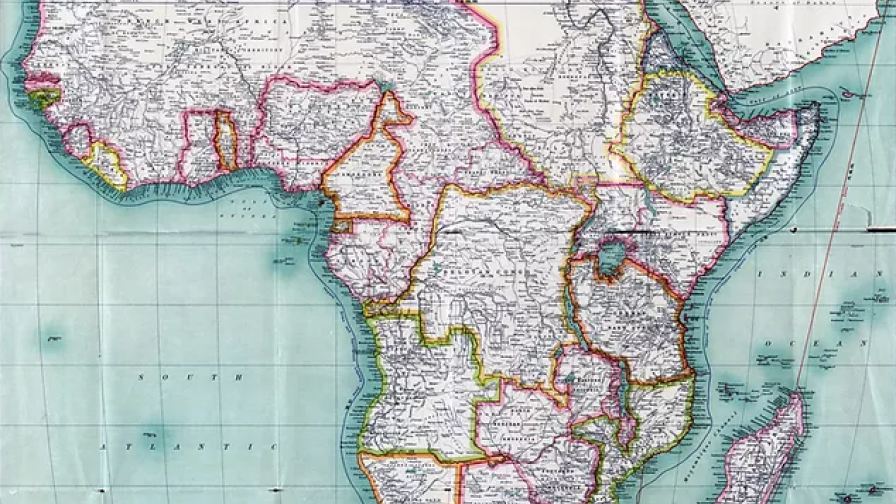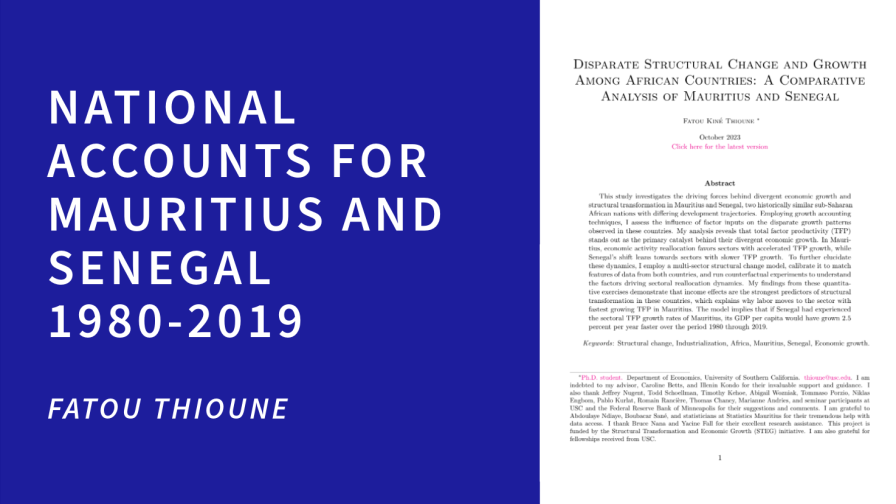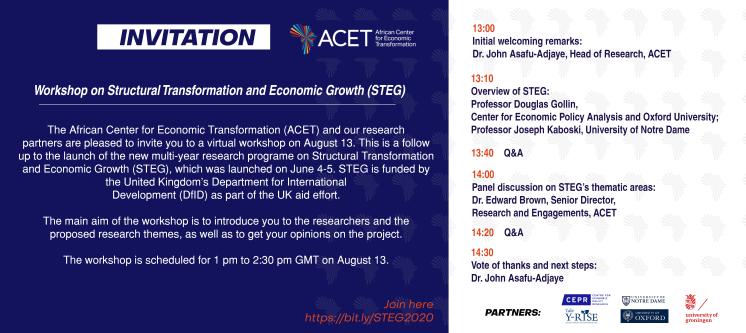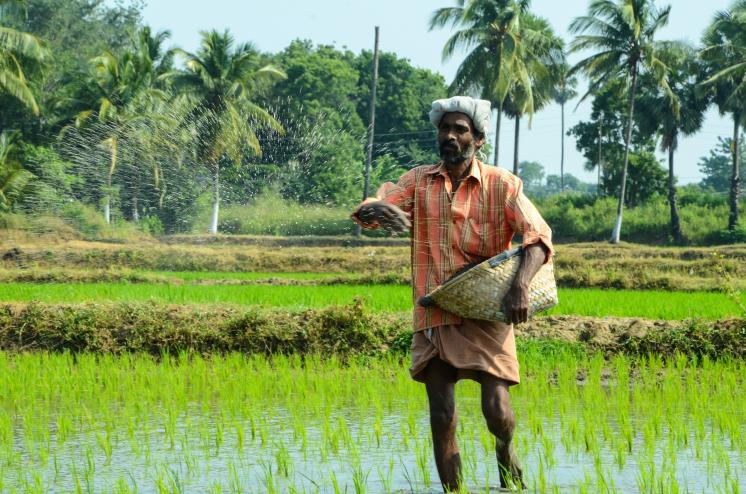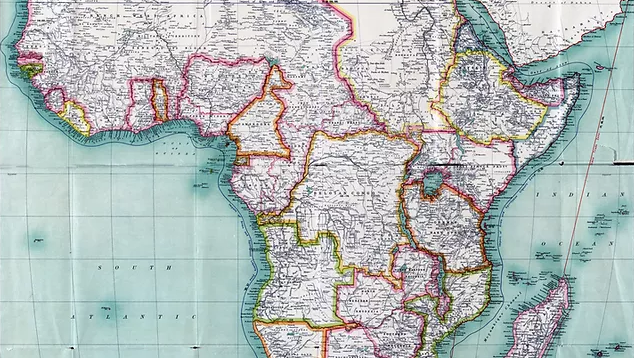STEG invites applications to the second call for proposals for PhD Research Grants.
While PhD students are eligible to apply to any SRG funding round, we are issuing a special call exclusively for PhD students in order to encourage broader participation in the programme. PhD Research Grants are available up to £15,000.
Applicants must be currently enrolled in a PhD programme to be eligible for this call. Applicants will require a letter of support from their PhD supervisor sent no later than two weeks after the call deadline to the STEG grants team at [email protected].
PhD Research Grants can fund research assistance, data collection and/or purchase, and stipends. Stipends should only be requested if they allow the researcher(s) to reduce teaching/administrative duties and therefore free up time for research. Stipends are capped at £12,000 for PhD students in programmes located in high-income countries and the PPP equivalent for PhD students in programmes located in low- and middle-income countries. Grants will also support travel to field sites, even when secondary data is utilised. We view this kind of travel (with the possibilities for field visits and conversations with policy makers) as particularly important for researchers who lack prior experience in the countries that they intend to study. Please note that cost effectiveness and value for money are important evaluation criteria and submitted budgets will have to adhere to the STEG Budget Guidelines.
We aim to issue funding decisions within three months of the call deadline. A PhD Research Grant is intended to be completed within 12 months. Please note that contracts should be signed within one month of the return of the final decision, which is also the expected project start date.
Research may focus on broad systemic patterns and processes of structural transformation and growth for low- and middle-income countries, in a comparative sense across time or space, or more narrowly defined topics related to one or more of the following six research themes:
- Data, measurement, and conceptual framing;
- Firms, frictions and spillovers, and industrial policy;
- Labour, home production, and structural transformation at the level of households;
- Agricultural productivity and sectoral gaps;
- Trade and spatial frictions;
- Political economy and public investment.
Other areas of interest may not fit cleanly into any of the themes but are centrally relevant to STEG and are also encouraged.
STEG is also focused around three cross-cutting issues that are simultaneously relevant to many areas of structural transformation, including the six research themes:
- Gender;
- Climate change and the environment;
- Inequality and inclusion.
Research proposals speaking to these issues will receive particular consideration.
PhD Research Grants are essentially equivalent to SRGs with a more limited budget. We strongly recommend that prospective applicants read the SRG documentation about eligibility, country criteria, preparing an application, how to apply online and the SRG Frequently Asked Questions before applying.
Deadline
Given the large number of demands on researchers' time towards the end of the year, the deadline has been extended to 23:59 GMT, 9 January 2022. Applications received after this time will be considered for the next PhD round.































